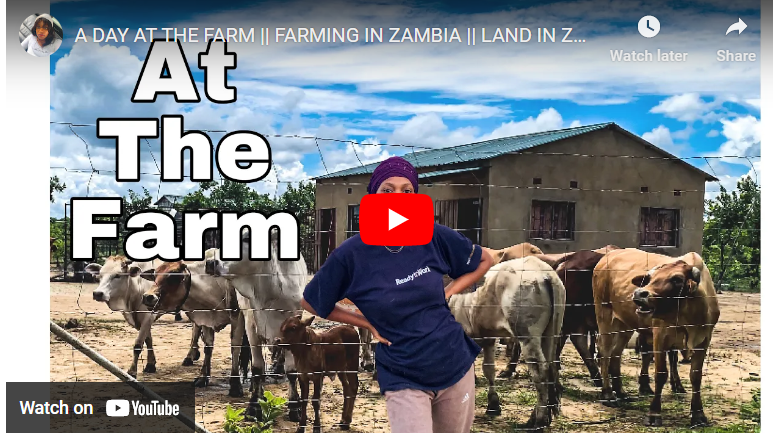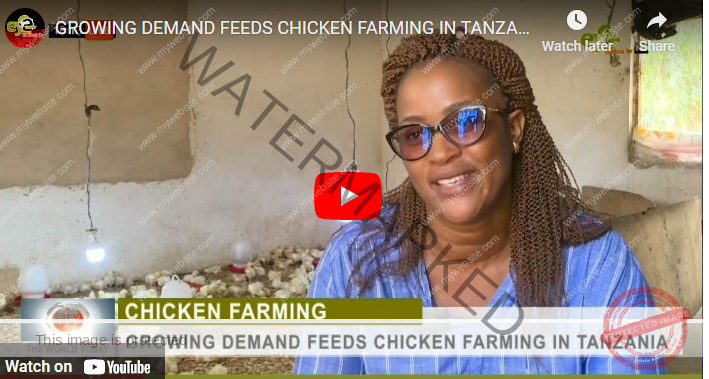Avocado farming has become a booming industry in Kenya, transforming the agricultural landscape and contributing significantly to the country’s economy. The favorable climate, suitable soil conditions, and increasing global demand have positioned Kenya as one of the top avocado producers worldwide.
Some of the top avocado farming areas in Kenya are Murang’a County, Meru County, Nyeri County, Kiambu County, Kirinyaga County, and Thika County.
In this article, I will explore the top 10 avocado farming counties in Kenya, delving into their unique contributions to this lucrative green venture and all you need to know
The Avocado Boom in Kenya: Over the past decade, Kenya has witnessed a remarkable surge in avocado farming, with diverse counties contributing to the growth. Avocado exports have played a pivotal role in generating foreign exchange and creating employment opportunities.
Top 10 Avocado Farming Counties in Kenya: A Lucrative Green Venture
1. Murang’a County: The Avocado Heartland
Muranga County is the top Avocado farming county in Kenya right now. Known as the epicenter of avocado production, Murang’a County boasts extensive avocado orchards and advanced farming practices. Its rich volcanic soils and favorable climate create an ideal environment for avocado cultivation.
Read Also: Top 10 Biggest Fish Farms in Kenya
2. Meru County: Orchards Amidst the Mountains
Meru County’s elevation and fertile soils have fostered the cultivation of avocados at higher altitudes. This unique geographic advantage contributes to the production of premium avocados with distinct flavors.
3. Nyeri County: Diverse Varieties and High Yields
Nyeri County’s varied topography enables the cultivation of different avocado varieties. The county’s commitment to research and innovation has led to high-yield farming techniques and quality produce.
Read Also: Cost Of Rearing 100 Kienyeji Chicken In Kenya
4. Kiambu County: Orchards Near the Capital
Close proximity to Nairobi gives Kiambu County a strategic advantage in avocado distribution. The county’s modern farming practices and access to markets make it a key player in the avocado industry.
5. Kirinyaga County: Smallholders’ Avocado Haven
In Kirinyaga County, smallholder farmers thrive in avocado cultivation. The county’s cooperative societies and support systems empower local growers to maximize their yields and income.
6. Thika County: Harnessing Agribusiness Potential
Thika County’s agribusiness orientation has led to innovative avocado value-addition ventures. From processing to packaging, the county embraces the entire avocado supply chain.
Read Also: 15 Fast Growing Trees in Kenya
7. Embu County: Cultivating Green Gold
Embu County’s commitment to sustainable avocado farming shines through its eco-friendly practices. The county focuses on organic farming methods that benefit both the environment and consumers.
8. Murangine County: Community-Based Avocado Growth
Murangine County stands out for its community-centered avocado farming initiatives. By involving local residents, the county ensures equitable distribution of the benefits of avocado cultivation.
9. Kisii County: Emerging Avocado Powerhouse
Kisii County’s transformation from subsistence farming to commercial avocado production is noteworthy. The county’s efforts in capacity-building and modernization have positioned it as an emerging avocado powerhouse.
Read Also: [Beginners Guide] How To Grow Beans In Kenya Pdf
10. Kitale County: Expanding Avocado Horizons
Kitale County’s agricultural diversity extends to avocado farming. The county’s investment in research and development has led to the discovery of suitable avocado varieties for its unique climate.
What makes Murang’a County a prominent player in avocado farming?
Murang’a County has established itself as a prominent player in the avocado farming industry due to a combination of favorable factors. The county’s geographic location offers an ideal climate and soil conditions for avocado cultivation.
Read Also: How To Plant Vegetables in Dry Season in Kenya
With its well-drained volcanic soils and moderate temperatures, Murang’a provides the perfect environment for avocado trees to flourish. Additionally, the county’s long history of agriculture expertise, access to water resources, and progressive farming practices have contributed to the high quality and quantity of avocados produced.
Murang’a’s commitment to research and development, along with collaboration among local farmers, has propelled the county to the forefront of the avocado farming landscape in Kenya.
How does Thika County contribute to the avocado supply chain?
Thika County plays a pivotal role in the avocado supply chain through its focus on agribusiness and value addition. The county’s strategic location near major markets and transportation hubs positions it as a key distribution center for avocados.
Read Also: 12 Agritech Companies In Kenya [Contact Info]
Thika County has invested in processing facilities, packaging plants, and cold storage infrastructure, allowing avocados to be processed and preserved before reaching consumers. This contribution enhances the shelf life and export potential of Kenyan avocados.
By harnessing the entire supply chain, from cultivation to distribution, Thika County ensures that avocados from Kenya are delivered to both local and international markets in their freshest and best form.
Which county is known for elevating avocado farming to higher altitudes?
Meru County is renowned for elevating avocado farming to higher altitudes, thanks to its unique geographical characteristics. The county’s elevation and mountainous terrain provide an exceptional environment for cultivating avocados at higher altitudes.
Read Also: [Beginners Guide] How to Plant Pepper in Dry Season in Kenya
This elevation not only contributes to the distinct flavor and quality of the avocados but also extends the growing season, allowing for a longer period of harvest. Avocado varieties grown in higher altitudes are prized for their taste, texture, and appearance. Meru County’s commitment to sustainable farming practices at these elevations has positioned it as a leader in producing premium avocados in Kenya.
What role does Kisii County play in Kenya’s avocado export?
Kisii County has emerged as a significant player in Kenya’s avocado export market due to its transformation from subsistence farming to commercial avocado production. The county’s efforts in capacity-building, training, and modernization of farming practices have led to increased avocado yields and improved quality.
Kisii County has strategically tapped into its suitable climate and fertile soils to cultivate avocados that meet international standards. This shift from traditional farming practices to commercial avocado farming has contributed to the county’s participation in Kenya’s avocado export, bolstering the country’s position in the global avocado market.
How does Kitale County’s climate support avocado cultivation?
Kitale County’s climate provides a supportive environment for avocado cultivation through its unique combination of temperature and precipitation. The county’s moderate temperatures and well-distributed rainfall create an optimal condition for avocado trees to thrive.
Unlike extreme hot or cold climates that can stress the trees, Kitale’s climate fosters healthy growth and fruit development. This region’s climate also contributes to a longer and more consistent avocado harvest season. Farmers in Kitale County benefit from the predictable climate patterns, enabling them to plan and manage their avocado orchards effectively.
As a result, Kitale County has become a significant contributor to Kenya’s avocado industry by leveraging its favorable climate for successful avocado cultivation.
Conclusion
The success of avocado farming in these 10 Kenyan counties reflects the nation’s dedication to agricultural innovation and economic growth. With each county contributing its distinct strengths, Kenya’s avocado industry continues to flourish on the global stage.



